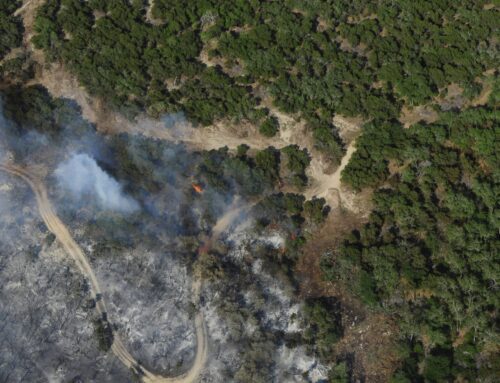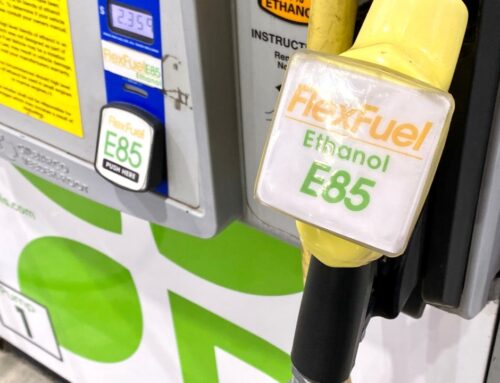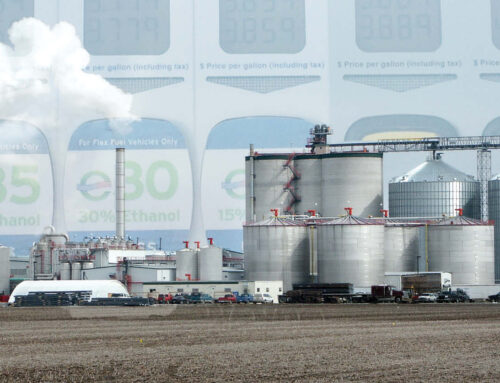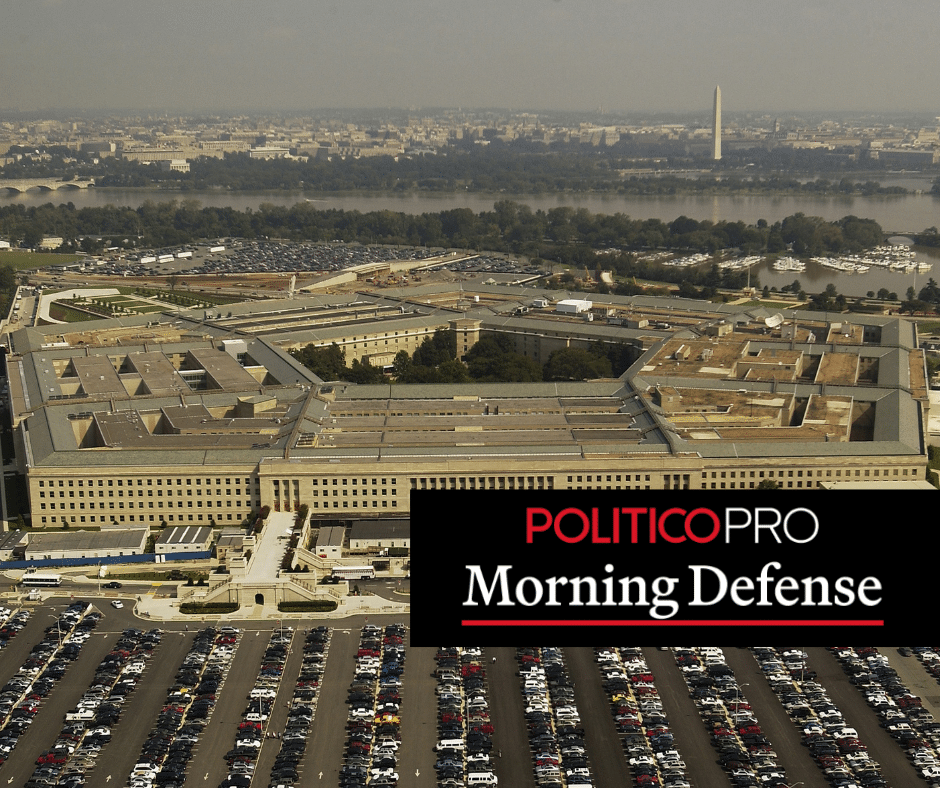The Bureau of Land Management (BLM) held a federal oil and gas lease sale in Nevada on June 24, offering five parcels totaling 6,800 acres. None received a single bid. This marks the second time these same parcels—previously offered in 2023 and 2024—failed to attract industry interest. The result: zero acres sold, zero revenue generated, and more taxpayer dollars spent preparing a sale that went nowhere.
This isn't an isolated case. Nevada lease sales have long drawn little interest from industry. From 2015 to 2024, the average bid per acre in Nevada was just $4.10—compared to $4,900 per acre in New Mexico. And earlier this year, 17,500 acres in Nevada—88% of acres leased—were snapped up by a single bidder at the statutory minimum of $10 per acre. In 2024, 2,080 acres were offered—none were sold.
A failed sale costs taxpayers twice. There's no bonus bid or royalty stream, and BLM still sinks time and money into reposting the same low-potential parcels at taxpayers' expense—crowding out resources that could instead support recreation, conservation, or other resource development.
This marks the tenth federal onshore lease sale of 2025. While sales in high-producing states have generated significant returns, Nevada has consistently underperformed—highlighting the need for BLM to focus lease offerings in areas with clear development potential.
To this end, Congress in 2022 updated the federal onshore oil and gas leasing program to secure a better deal for taxpayers, including:
- Raising the royalty rate from 12.5% to 16.67%
- Increasing rental rates and the minimum bid (from $2 to $10 per acre)
- Requiring a modest lease nomination fee ($5 per acre)
- Ending noncompetitive leasing
These changes are working. In 2024, federal lease sales generated $164 million in bid revenue and saw average bids jump to $2,149 per acre. That's real money for state budgets and the U.S. Treasury alike.
But now, some in Congress want to roll back those reforms. The House-passed FY2026 budget reconciliation bill, dubbed the "One Big Beautiful Bill," and current Senate draft would lower royalty rates, revive noncompetitive leasing, and mandate "replacement" sales when fewer than half the acres on offer are leased. That's a recipe for more failed sales, more speculative leasing, and more taxpayer losses. If Congress passes the reconciliation bill, up to 42.8 million acres of Nevada's public land could be tossed into repeat auctions—and then left open for bargain-basement leasing—perpetuating today's fiasco on a vast, rolling scale.
- Bureau of Land Management Photo










